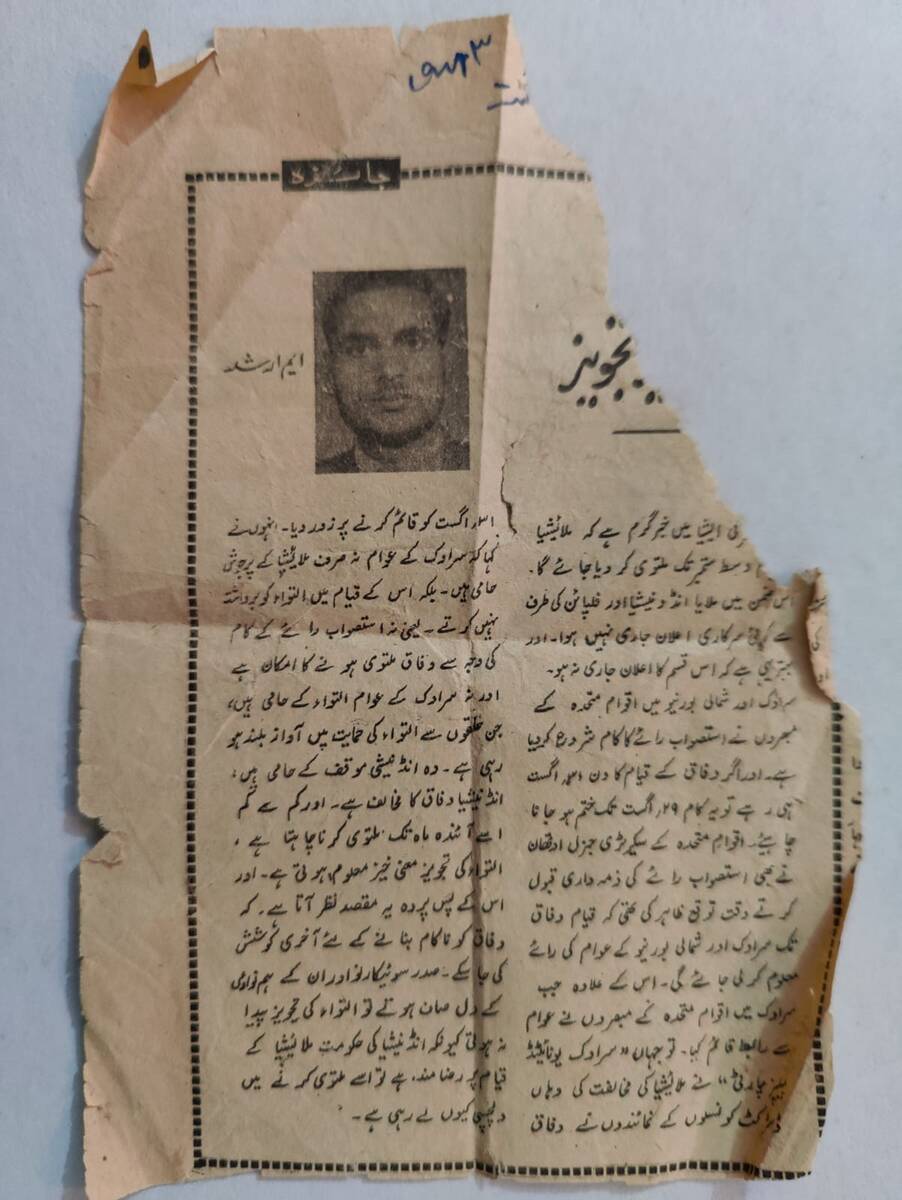ISLAMABAD: PakistanŌĆÖs Deputy Prime Minister Ishaq Dar on Wednesday described the ongoing war in Palestine as a ŌĆ£crisis of credibilityŌĆØ for the United Nations Security Council (UNSC), highlighting foreign occupations depriving people of the right to self-determination, as the country begins its two-year term as a non-permanent member of the council.
Elected in June 2024 with overwhelming support, Pakistan secured 182 votes in the 193-member General Assembly, marking its eighth term on the UNSC.
The council is the most powerful chamber of the global body, comprising five permanent members with veto power and 10 non-permanent members elected for two-year terms. While non-permanent members cannot veto resolution, they play a crucial role in decision-making and contribute significantly to the councilŌĆÖs functioning.
Addressing a group of envoys in Islamabad, Dar expressed gratitude for the international communityŌĆÖs confidence in PakistanŌĆÖs role on the council, pledging to collaborate with other states to uphold the UN Charter and bridge international divides amid pressing global challenges.
ŌĆ£Pakistan is beginning to pursue its role in the UN Security Council at a time when we are confronted with many unprecedented challenges,ŌĆØ he said. ŌĆ£Situations of conflict and continued foreign occupation defy the promise of the United Nations to save succeeding generations from the scourge of war and guarantee self-determination.ŌĆØ
ŌĆ£Longstanding unresolved disputes from Jammu and Kashmir to Palestine continue to simmer,ŌĆØ he added. ŌĆ£The ongoing situation in Gaza, including the blatant war crimes and acts of genocide being committed against the innocent Palestinians, represents a crisis of credibility for the United Nations Security Council.ŌĆØ
The deputy premier also highlighted the breakdown of arms control regimes, escalating arms races and the rise of intolerance and extremist ideologies as critical global concerns.
ŌĆ£Today, as we stand at a critical juncture, we remain ready to contribute meaningfully to the councilŌĆÖs work, drawing on our rich legacy and faith in multilateral diplomacy,ŌĆØ he said. ŌĆ£We look forward to playing a constructive role in bridging existing divides, fostering consensus and upholding the councilŌĆÖs mandate in accordance with the UN Charter.ŌĆØ
Outlining PakistanŌĆÖs priorities for its UNSC term, he reiterated a firm commitment to the world bodyŌĆÖs charter.
ŌĆ£We will remain committed to pursuing just and peaceful resolution of outstanding and ongoing disputes, opposing the resort to unilateral and illegal use or threat of use of force, combating terrorism in all its forms and manifestations, supporting effective UN peacekeeping, peace enforcement and peacebuilding efforts, and contributing effectively toward the resolution of regional and global crises.ŌĆØ



















